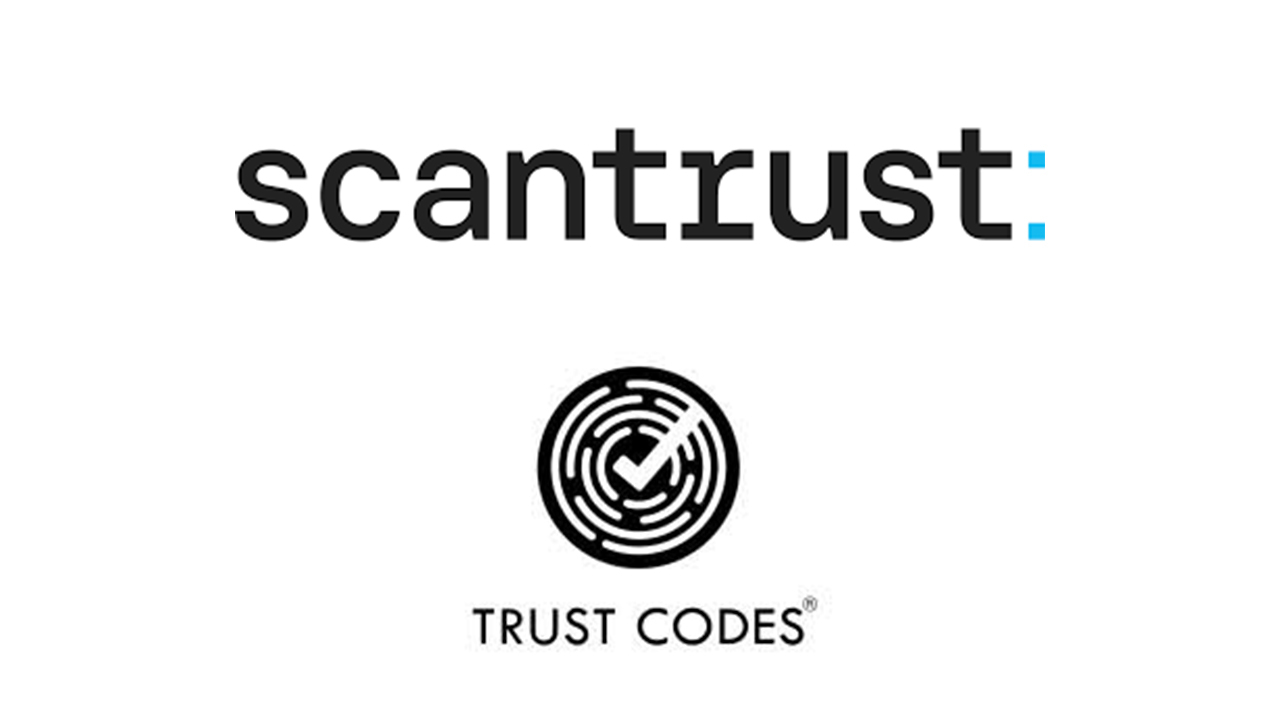Young managers – Chen Zhuo, Tianjin Xiangjiang

‘The label plays a key role in whether a product sells well in the supermarket or not. The buyer sees the label before seeing what the product contains.’
Tianjin Xiangjiang was founded by Chen Zhuo’s mother in 1992. Before entering the label industry, he studied art performance at the Beijing Broadcasting Institute and then worked as a teacher at Tianjin Normal University. Chen Zhuo, who was born in 1980, joined Tianjin Xiangjiang in 2005.
Twelve years later, the label industry is his passion and he exudes optimism. ‘It’s a great industry,’ he enthuses. ‘Almost every product has a label, so there is no excuse for the label converter. If a company fails, there is a problem in the management, not in the market.’
There have been issues in the Chinese label industry: a vicious price war; the pressure of environmental protection. But these problems are all temporary, says Chen Zhuo. ‘With governmental demands for environmental sustainability increasing, many small and medium-sized companies are under operating under ever greater pressure. Some are forced to close. We think this is positive,’ he says.
‘The government is regulating the whole supply chain, rather than just the printing industry. They are bringing these smaller companies into line, shutting down those who do not conform to market regulations, who breach environmental protection laws, who avoid paying taxes. This leaves a fairer market for the rest of us, and encourages law-abiding and socially responsible companies.’
Tianjin Xiangjiang, which has more than 100 employees, achieved ISO 14001 environmental management certification many years ago, so has avoided much of this pressure. ‘Perhaps it is because I am a young guy, but we moved more quickly in this area than most.’
Tianjin Xiangjiang was publicly listed on NEEQ (National Equities Exchange and Quotations) stock market in 2015. As well as the financial benefit, the listing also regulated Tianjin Xiangjiang’s business with regards to standards across the company: in finance system, for example, and in its internal management system. I believe that only a regulated company can grow effectively and attract talented employees.
Digital printing
Tianjin Xiangjiang’s facility contains almost all printing processes, including letterpress, flexo, offset, silkscreen, digital and inkjet. Markets served include food and beverage, chemicals, pharmaceuticals and electronics. ‘Our greatest interest lies in digital technology,’ says Chen Zhuo. ‘Each time I attend Labelexpo, I spend lots of time studying the most advanced digital technology. Currently, digital printing can satisfy more than 80 percent of our customers’ requirements, hence the future must be in digital printing.’
The major obstacle for digital printing in China is still price. At present, the cost of digital printing is generally three or four times higher than conventional. With the development of digital technology, the overall costs may come down. In addition, digital printing needs to solve the problem of efficiency: the speed is far behind flexo printing. If the speed can reach 100m per minute, digital will gain a huge competitive advantage.
It’s worth noting that more and more end users are beginning to install their own digital presses and printing labels themselves. In our view, label converters have no need to panic, as we can provide professional services to customers in design, printing process consultation, anti-counterfeiting etc. Label printing is a huge market: as long as you put your heart and mind into it, you will find plenty of opportunities.
This piece was published in L&L issue 5, 2017.
Stay up to date
Subscribe to the free Label News newsletter and receive the latest content every week. We'll never share your email address.


